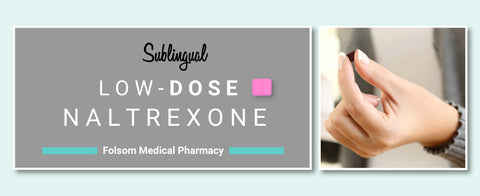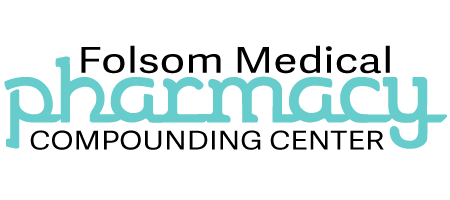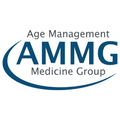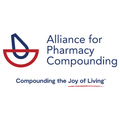Low Dose Naltrexone Requires A Prescription
Low Dose Naltrexone (LDN) can be compounded in our pharmacy upon receiving a prescription. Talk to your doctor about LDN and how it can help relieve your symptoms. Contact us to learn more about LDN, or find a doctor with experience prescribing LDN.Low Dose Naltrexone
LDN medication (Low-Dose Naltrexone) is an innovative, safe, and cost-effective method of medical treatment by mobilizing the natural defenses of one’s own immune system. LDN medication is being adopted as a treatment for more and more disease states- primarily autoimmune disorders.
Naltrexone, when dispensed from a traditional pharmacy, is dosed at 50 mg and is used to treat addiction. Low-dose naltrexone is dosed anywhere between 0.25 mg - 8 mg. This dosage increases endorphin levels, which improves the immune system in relation to autoimmune disorders and even some cancers. At higher doses (such as between 50 mg - 300 mg), naltrexone can overwhelm the nerve receptors, and therapeutic effects for treating autoimmune diseases won't be achieved. LDN was originally used in the 1980's to treat patients with HIV.
Folsom Medical Pharmacy is a compounding pharmacy for LDN, and we can compound LDN in whatever strength you or your patients need. While typically written at strengths between 0.5 mg to 4.5 mg as an oral capsule, the pharmacists at Folsom Medical Pharmacy have unique formulations to compound LDN as a buccal troche lozenge, transdermal cream, or even an oral suspension. Our medications, including LDN, can be compounded free of common allergens, including gluten, corn, soy, dyes, lactose, animal products (gelatin and vegetable capsules are available), or other additives. LDN is only available through compounding pharmacies.
If you have more questions about LDN, its side effects, how to titrate LDN, and how its absorbed in your body, check out our blog that discusses LDN in depth. Or, as always, you can give our pharmacy a call.






